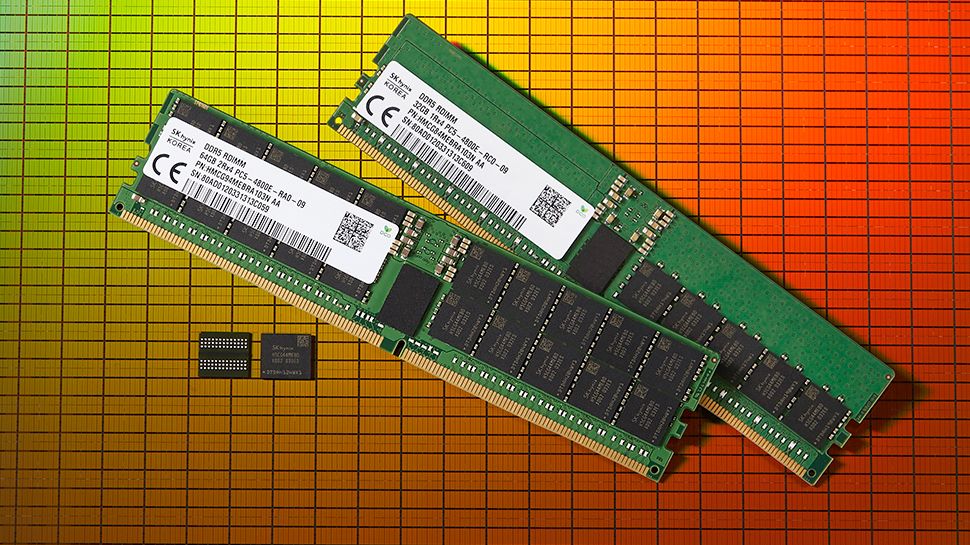
US Sanctions Against China's Chip Sector Could Impact Samsung and SK Hynix
What happens when the waiver ends?
Most of the products made by Samsung and SK Hynix in China are sold to big product makers like Apple and Lenovo, so if the two South Korean companies leave China, this will have a global impact.
All of the products from Solidigm (formerly Intel's NAND, now acquired by SK Hynix, including Fab 68 in Dalien), should also be included.
Last edited:

